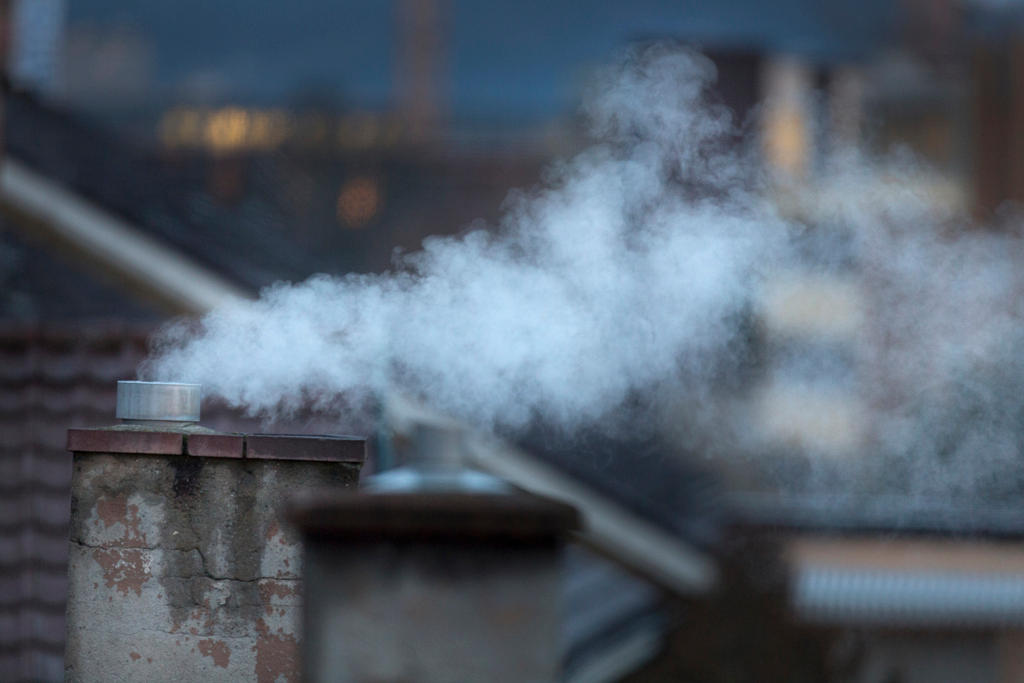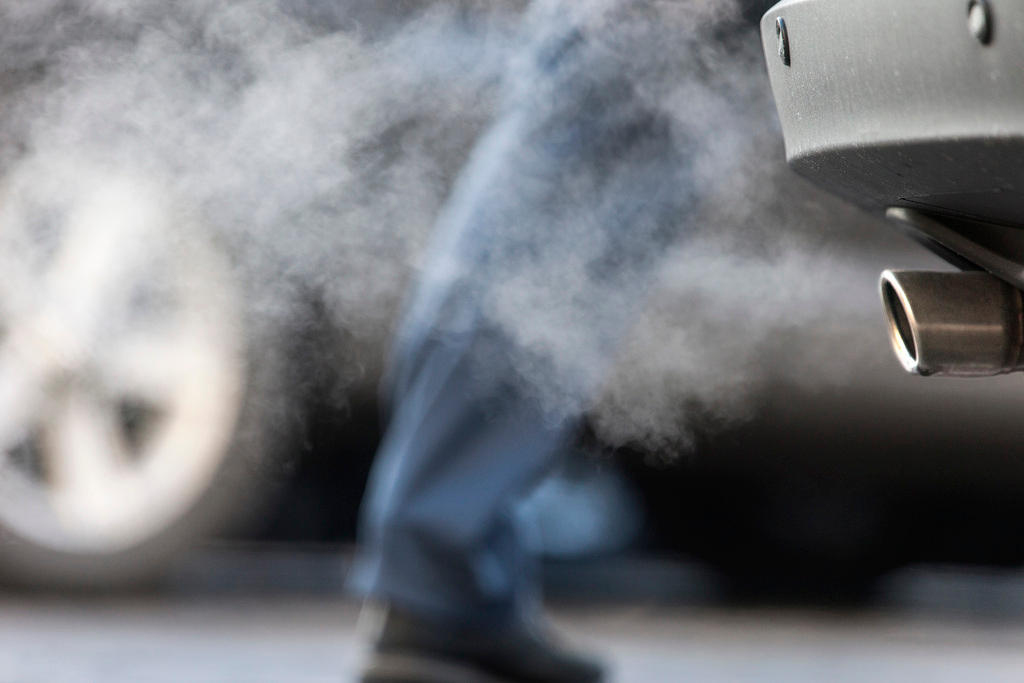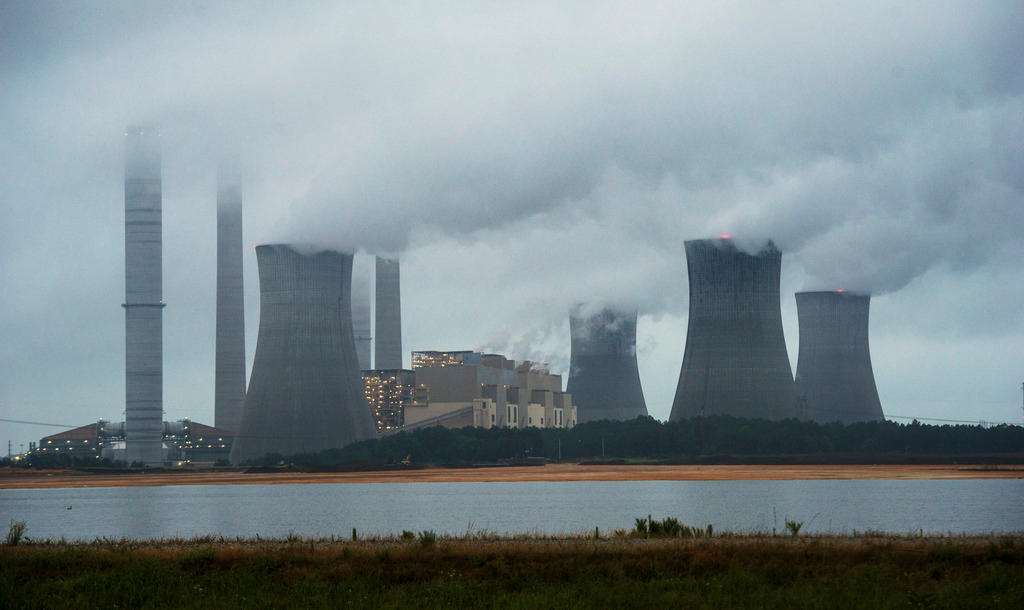Swiss government sets out next climate target

Switzerland needs to revise its CO2 emissions law if it is to keep to the Paris climate agreement goal of cutting emissions by half by 2030, compared to 1990 levels. On Friday, the government set out how it would achieve this.
The governing Federal Council said it had adopted a dispatch for the revised CO2 law that would now be submitted for the attention of parliament. It states that emissions generated in Switzerland should be cut by at least 30% by 2030, with a maximum of 20% of the reduction due to measures taken abroad.
“In this way, Switzerland is increasing its contribution to limiting global warming to less than two degrees, or even to a maximum of 1.5 degrees Celsius,” read a statement.
Environment Minister Doris Leuthard told the press that doing nothing is not an option as Swiss glaciers melt at an alarming pace and the highest concentration of CO2 in the atmosphere to date was recorded this year.
The proposed changes will lead to increased fuel prices, Roland Bilang, head of the Swiss Petroleum Association told Swiss public television. “It will become more expensive at the petrol pump. Consumers will definitely have to pay for these domestic climate protection measures,” he said.
The Swiss Business Federation (economiesuisse) has branded the proposals “inflexible” and say they do not take into account already high CO2 taxes in Switzerland.
WWF Switzerland, however, takes a different view, expressing disappointment that at the levels of CO2 reductions that can be achieved by buying certificates abroad, rather than reducing more emissions in Switzerland and forcing through lower fuel consumption by cars.
EU emissions trading
For traffic, which causes the most CO2 emissions, emissions should be lowered through the use of renewable fuels. The emission regulations for new vehicles are to tightened in stages, along the lines of European Union rules.
Parliament will also be asked to approve a deal that links Swiss and European Union emissions trading systems. This will allow Swiss companies to benefit from the same conditions as EU competitors, the Federal Council said.
New measures include the inclusion of the agricultural sector in the emissions reduction programme and a provision for airlines and fossil fuel plants to take part in the emissions trading system.
In 1990 Switzerland’s greenhouse gas emissions amounted to 53.7 million tonnes of CO2eq (CO2 plus methane emissions, synthetic gases and nitrous oxide converted into CO2 equivalents).
The proposal is for Switzerland is to reduce its domestic emissions by around 6.6 million tonnes of CO2eq between 2021 and 2030 and by 8.5 million tonnes abroad.
The parliamentary debate on the proposed law changes could prove heated with left and right wing parties criticising the plan for either not going far enough or going too far.

In compliance with the JTI standards
More: SWI swissinfo.ch certified by the Journalism Trust Initiative












You can find an overview of ongoing debates with our journalists here . Please join us!
If you want to start a conversation about a topic raised in this article or want to report factual errors, email us at english@swissinfo.ch.